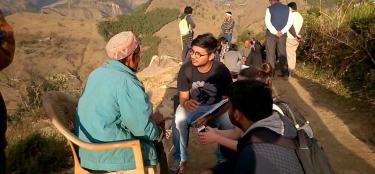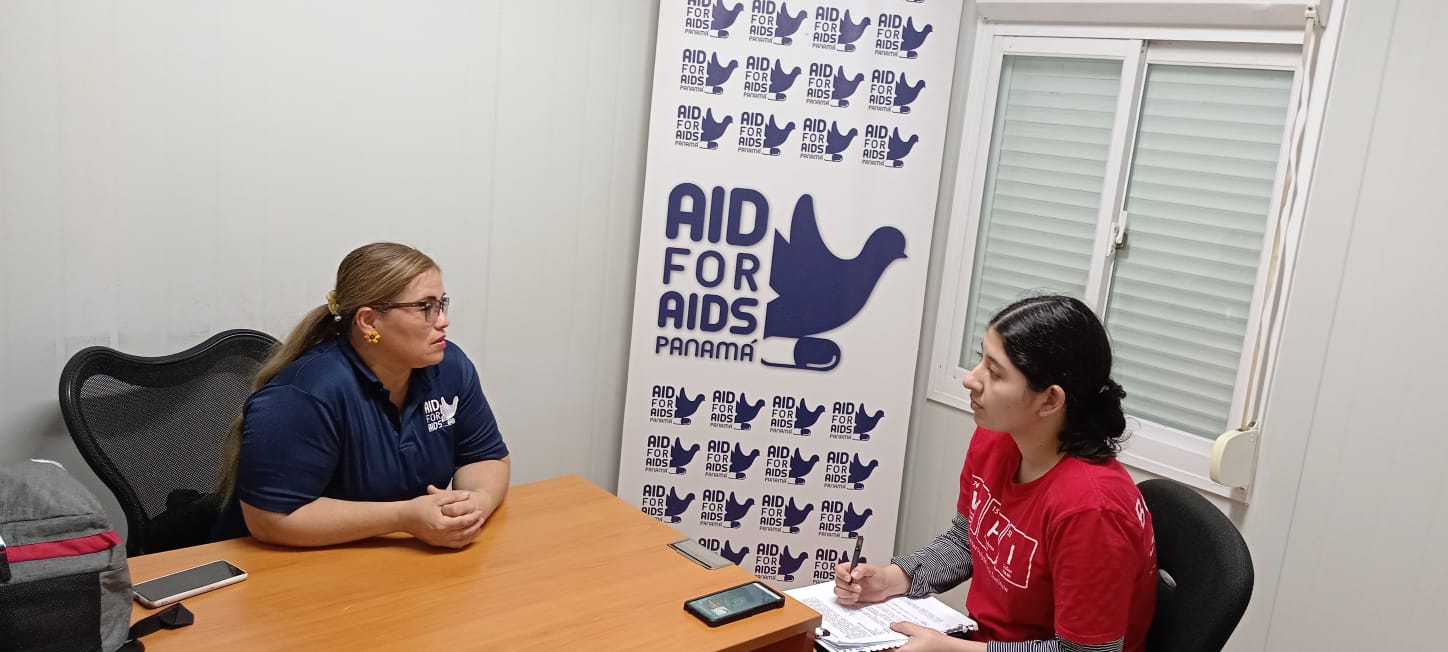The Community Climate Adaptation MS degree program is a collaborative, research-based, joint-degree program offered through WPI’s Department of Integrative & Global Studies (DIGS) and the Department of Civil & Environmental Engineering (CEE). Students in the program will work within teams to use engineering, social science, and physical and biological science skills and expertise to address challenges of climate change impacts and capacities to adapt in communities around the world.
Climate change is one of the Global Grand Challenges of our time. This problem doesn’t separate well into silos; rather, climate change is perhaps best understood as an intensifier of a great number of existing problems. Communities from Worcester to Cape Town, and from Melbourne to Venice, are developing plans to help protect people and infrastructure from the impacts of a changing climate.
From the Indian Himalaya to the Arabian deserts and from Icelandic glaciers to the Costa Rican cloud forest, the changing climate impacts each corner of the globe and is expanding many familiar community challenges to a scope and intensity unprecedented in historic memory.

Research in the Community Climate Adaptation MS will involve teams of students who are situated at fieldwork sites in communities around the world. Students who will thrive in this program might come from technical or nontechnical backgrounds, and those with a wide range of academic and practical experience will bring their own expertise and perspectives to these collaborative projects.
One-third of the credits in this graduate program will be earned with the team-based Graduate Qualifying Project (GQP) in which small groups of students engage with the global “Grand Challenge” of climate change through the collaborative study of a specific topical theme that they examine with global scope and local implications. This transdisciplinary approach to community climate adaptation means that the research emphasis could range from water systems management, global health, or energy systems, to sustainable agriculture or collaborative resource or hazards management.
Program Highlights
A Team-based Approach
As rapid global environmental change continues to have substantive effects worldwide, governments and civil society organizations need professionals who can address the technical, cultural, socioeconomic, and policy issues related to climate adaptation in a comprehensive and collaborative manner. Students from varied backgrounds and disciplines will build upon their knowledge together with faculty advisors and community partners connected with the resources, environment, climate, and people in a community or region.
Using WPI’s distinctive interdisciplinary, project-based educational approach, teams will develop place-based adaptation and mitigation strategies for climate change and engage in work that aligns with the UN Sustainable Development Goals in service of positive impacts at the local scale.
Career Opportunities
The specific program emphasis on Community Climate Adaptation supports graduates in acquiring theory and practice for jobs with NGOs, local/state governments, and other institutions or businesses. Today’s communities must respond to actual and projected problems of infrastructure inadequacy; potential loss of land and economic assets; water resource and water quality impacts; differential health and social impacts; extreme weather events; coordination with multiple agencies; and compliance with local/state/federal policy decisions, as they navigate the environmental, policy, and built-environment constraints imposed by the reality of climate change.
Addressing such problems will require innovative thinking about the technical, social-cultural, and economic dimensions of both problems and solutions, and this program is specifically designed to produce professionals trained for this 21st century career.
Global Collaboration
Students in the Community Climate Adaptation master’s degree program will complete a minimum of 20 coursework credits and a 10-credit Graduate Qualifying Project (GQP) where they will partner with students, faculty, and community participants. The GQP offers an intensive project experience with breadth and depth across disciplines, sectors, and scale. Teams will collaborate with and work within communities and will be matched to amplify the collective team expertise and regional connections.
Student Experiences

Solange first learned about WPI as a Fulbright Scholar. After talking with Professor Strauss and Professor Dudle, Solange knew this was an institution where she could advance her knowledge and gain the field experience she was seeking. [...]
Alumni and Student Success Stories

Student Project: Winter Climate Adaptation in Worcester
Graduate students explored the impacts of climate change on Worcester during the winter season, focusing on the vulnerability of critical infrastructure and populations.

Sol Giesso ’23, MS ’24
Educating and Empowering to Fight Climate Change

Jacob Morse '21, MS '23
Jacob wants to help cities adapt to climate change
The Community Climate Adaptation program requires three semesters with an option of one summer to complete. Students will take a minimum of 30 credit hours, of which 10 credit hours will be the GQP. Current WPI students may look into a BS/MS program option to gain both degrees in an accelerated plan.
Basic Academic Program:
Orientation: non-credit team-building activities during first semester to develop shared language and basic skills
Semester 1: 11 credits in 3 Core Areas: Theory, Methods, and Climate Essentials
Semester 2 (plus optional summer/break): 8 credits of GQP
Semester 3: 11 credits
3 credits of Core Area (Comparative Climate Action Capstone)
2 credits of GQP
6 credits (minimum) of electives
Core Courses (11 credits in first semester; 3 credits in third semester)
- IGS 501 Seminar: Theorizing Place, Community, and Global Environmental Change (3 credits)
- IGS 505 Qualitative Methods for Community-Engaged Research (2 credits)
- CEE 4071 Land Use, Development, and Controls (2 credits)
- CEE 575 Climate and the Earth System (2 credits)
- IGS 510 Human Dimensions of Global Environmental Change (2 credits)
- IGS 590 Capstone Seminar: Comparative Climate Action (3 credits)
- Collaboration for a Better World: Global School/DIGS Speaker Series
GQP Credits (10 credits, second semester)
- IGS 595, 8 credits in second semester of field placement at a project center, with possible extension into summer.
- IGS 599, 2 credits of project work/writing in third semester.
Elective Courses (minimum 6 credits: two courses each in third semester or in first semester if other requirements are already met).
- IGS 545 Climate Change: Vulnerability and Mitigation (2 credits)
- CE 4061 Hydrology (2 credits)
- CE 402X Resilient Infrastructure for a Changing Climate (2 credits)
- CE/CHE 4063. Transport & Transformations in the Environment (2 credits)
- CE 542 Geohydrology (3 credits)
- CE 560 Advanced Principles of Water Treatment (3 credits)
- CE 561 Advanced Principles of Wastewater Treatment (3 credits)
- CE 562 Biosystems in Environmental Engineering (3 credits)
- CE 563 Industrial Waste Treatment (3 credits)
- CE 565 Surface Water Quality Modeling (3 credits)
- CE 566 Groundwater Flow and Pollution (3 credits)
- CE 567 Hazardous Waste: Containment, Treatment and Prevention (3 credits)
- CE 570 Contaminant Fate and Transport (3 credits)
- CE 571 Water Chemistry (3 credits)
- CE 572 Physical and Chemical Treatment (3 credits)
- CE 573 Treatment System Hydraulics (3 credits)
- CE 574 Water Resources Management (3 credits)
- STS 4000 Senior seminar in Global Public Health (2 credits)
- BUS 547 Energy Management. (3 credits)
- OBC 505 Teaming and Organizing for Innovation. (3 credits)
- OIE 542 Risk Management and Decision Analysis. (3 credits)
- ME/AE 5105 Renewable Energy (2 credits)
- SD 550 System Dynamics Foundation: Managing Complexity (3 credits)
- SD 551 Modeling and Experimental Analysis of Complex Problems (3 credits)
- SD 561 Energy and Environmental Dynamics (3 credits)
- SYS 501 Concepts of Systems Engineering (3 credits)
- SYS 540 Introduction to Systems Thinking (3 credits)
Additional electives may be available; please consult the program directors to develop a course plan.
MS in Community Climate Adaptation
This is a joint program of the Department of Integrative & Global Studies and the Department of Civil & Environmental Engineering.
Fall
Orientation:
Shared Language
and Tools Non-credit
Seminar:
Global/Local Theory:
IGS 501
(3 credits)
Methods:
IGS 505:
CE 4071
(2 credits each)
Climate Essentials:
IGS 510:
CE 575
(2 credits each)
Spring & Summer
GQP: EXTENDED
RESEARCH/PROJECT
IGS 595 (8 credits)
GA/IQP
Skills Acquisition:
Language, methods
Online Cohort Discussion
Fall
Capstone:
IGS 590
Comparative
Climate Action
(3 credits)
GQP Conference:
IGS 599
(2 credits)
2 Electives:
Topical, Method
or Area
(minimum 6 credits)
Refer a Friend
Do you have a friend, colleague, or family member who might be interested in a WPI graduate program? Click below to tell them about our programs.
Have questions?
WPI's dedicated graduate student support team can help.
Graduate Studies Series
Team members from Graduate & Professional Studies host quick and convenient webinars designed to highlight popular topics when starting grad school. Take a deep dive into specific areas of interest such as how to secure funding, how to ace your application, an overview of student services, and more!
Dr. Laureen Elgert (DIGS), Program Director

Dr. Carrick Eggleston (CEAE), Program Director

Program Faculty
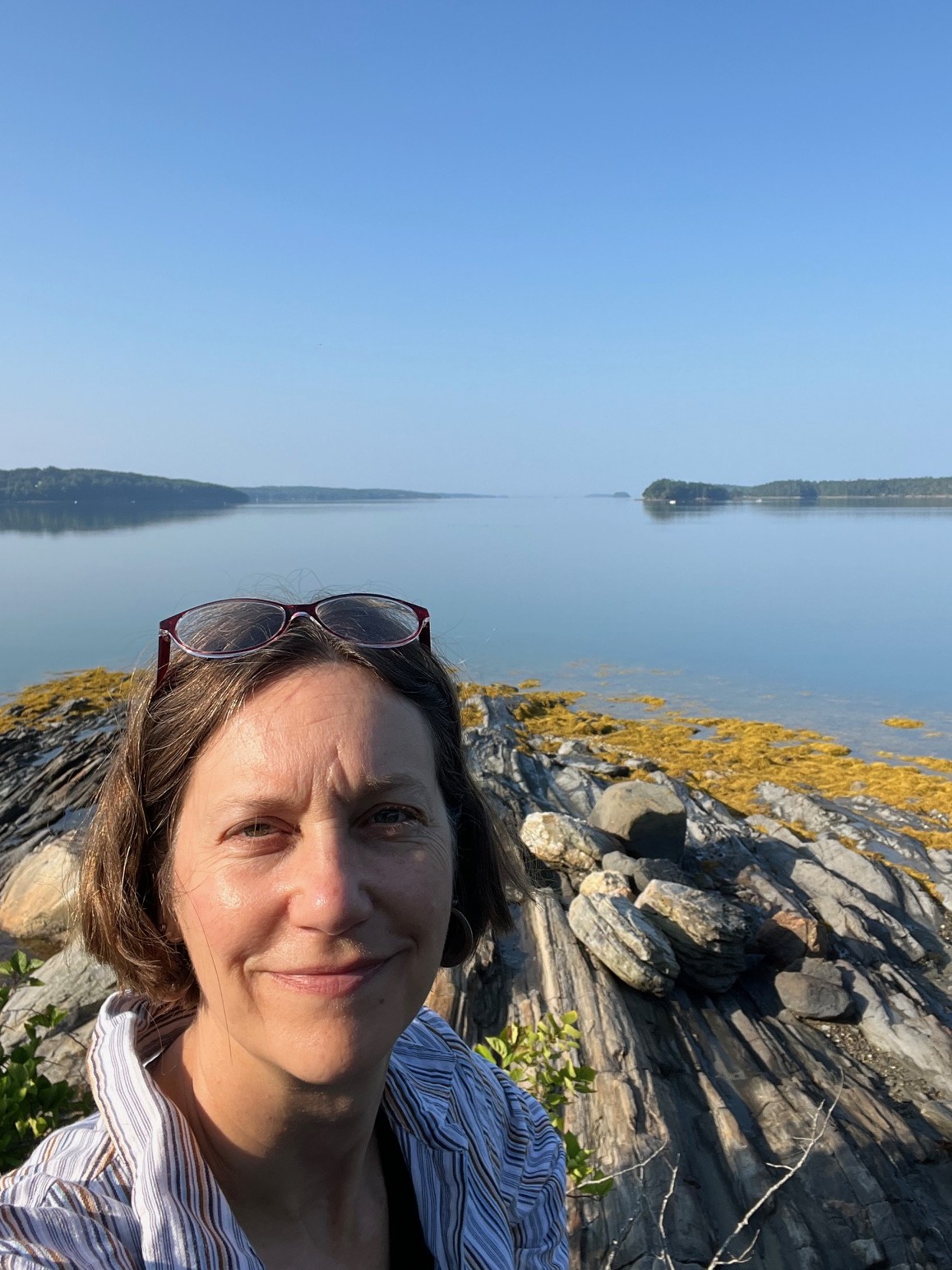
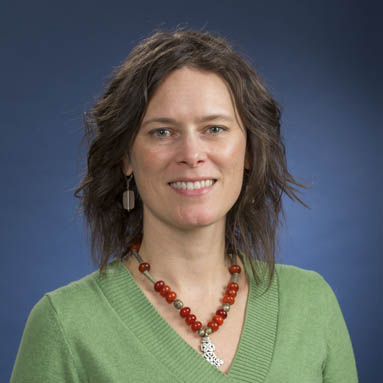


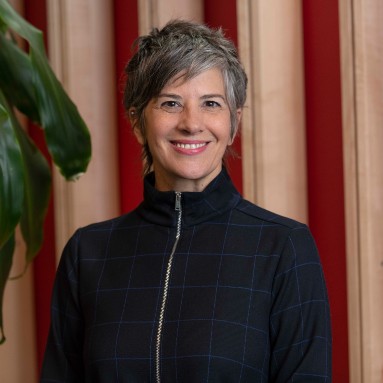












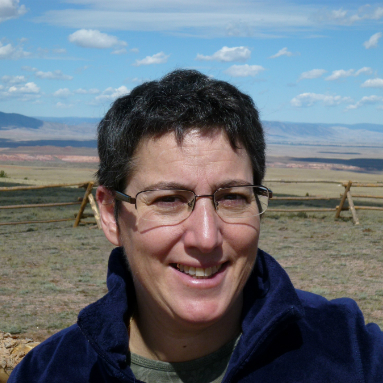
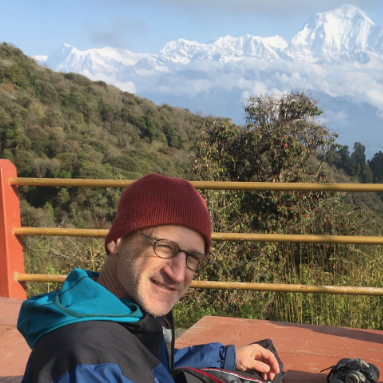

From the University Magazine

Sustainability of the Built Environment
Researchers seek solutions for a source of 40 percent of carbon emissions worldwide—human-made infrastructure.
